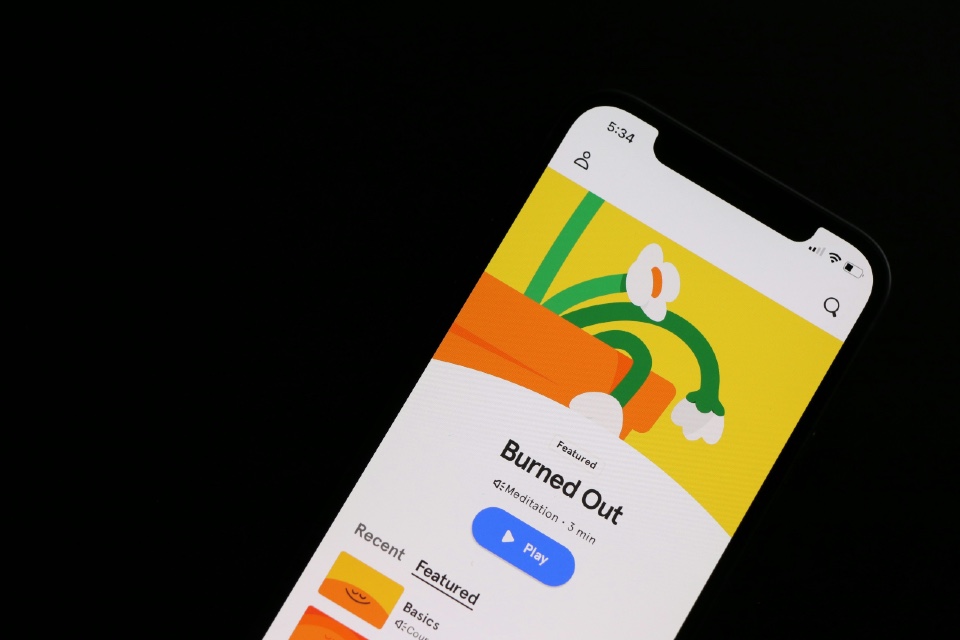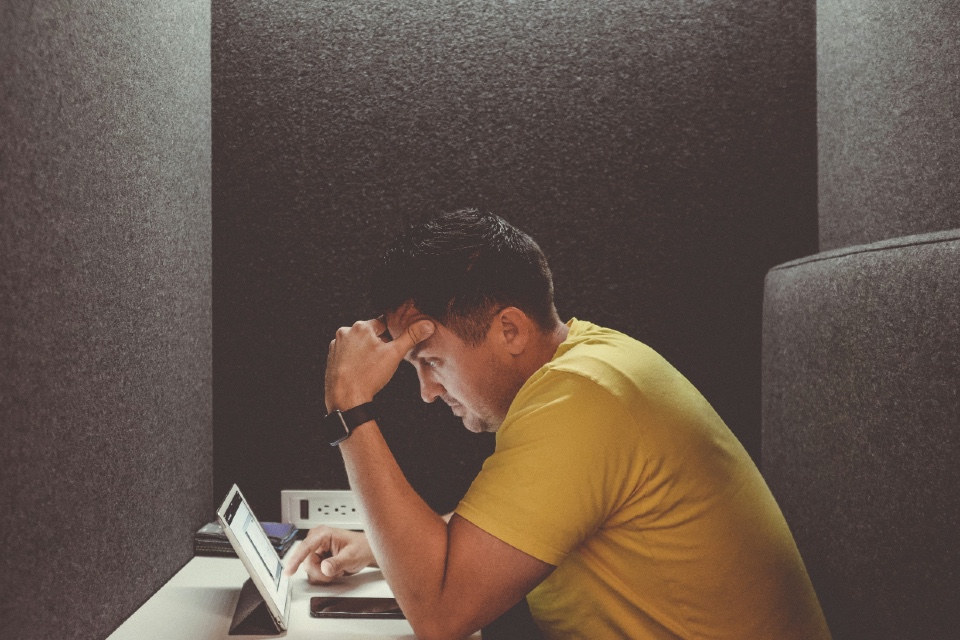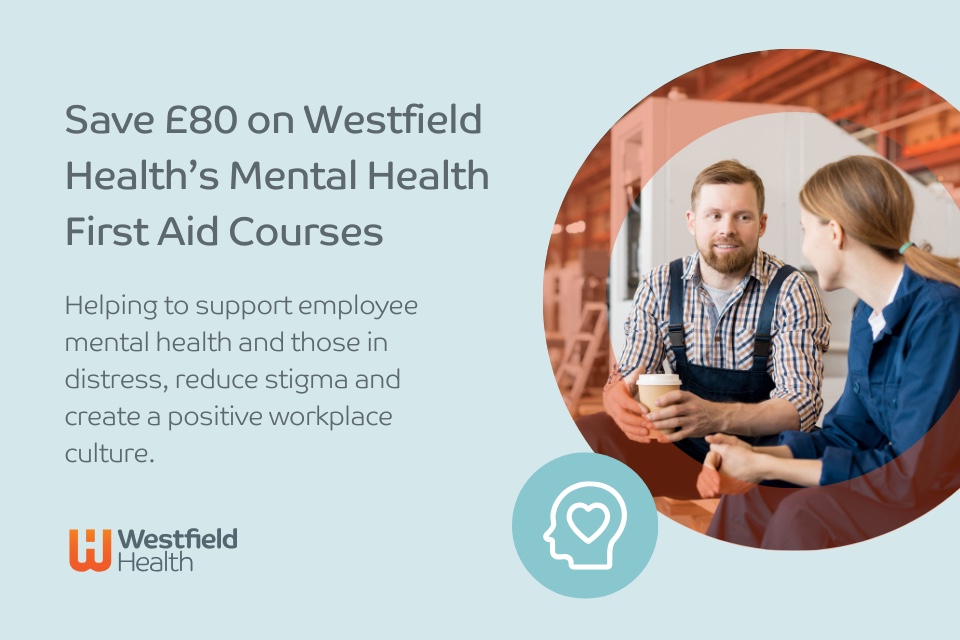Organisations are under increasing pressure to support employee wellbeing in ways that are flexible, scalable and personalised. In response, a new generation of digital mental health tools – including AI coaches, mental health apps, digital Cognitive Behavioural Therapy (CBT) programmes and biometric wearables – has emerged as a key part of the workplace wellbeing toolkit. These tools are helping HR leaders in both public and private sectors address rising levels of stress, anxiety and burnout, while also offering measurable insights that integrate directly into broader health and HR strategies...
AI-Powered Support and Digital Coaching
AI-driven mental health assistants are now offering employees on-demand, confidential support. These virtual coaches use natural language processing (NLP) to simulate supportive conversations, recommend resources, and guide users through evidence-based exercises in real time.
✔ Platforms provide CBT-based interactions 24/7
✔ Some tools offer emotional check-ins, helping users recognise and process stress or negative thinking patterns
✔ Advanced solutions are integrating machine learning to personalise recommendations based on usage and progress
These AI tools are especially valuable in hybrid and remote environments, where employees may feel isolated or reluctant to reach out to a manager or peer.
Digital CBT and Therapy-on-Demand
Cognitive Behavioural Therapy has long been recognised as a gold standard in managing anxiety and depression. Digitally delivered CBT platforms have become more mainstream, offering structured modules and guided journeys accessible via mobile or desktop.
✔ Employees can access courses at their own pace
✔ Solutions can be scaled across organisations without waitlists
✔ Some platforms offer blended options, combining digital CBT with access to live therapists
These services are often embedded into existing Employee Assistance Programmes (EAPs) or broader wellbeing platforms, increasing uptake and reducing stigma.
Wearable Tech and Real-Time Stress Monitoring
The latest smartwatches and wearable devices now offer real-time stress monitoring, tracking metrics like heart rate variability, sleep quality, and physical activity. These insights help employees and HR teams:
✔ Spot early signs of burnout or fatigue
✔ Encourage healthy habits through nudges and reminders
✔ Link wellbeing data to organisational outcomes like absenteeism and productivity
Some employers are integrating this biometric data (anonymised and aggregated) into HR dashboards, helping them assess wellbeing trends across departments or locations.
As hybrid work reshapes the employee experience, digital wellbeing tools are stepping up to bridge the gap between traditional support and modern workforce needs. For HR leaders, 2025 is the year to embrace AI-enabled, data-informed solutions that provide personalised, proactive, and scalable mental health support – wherever employees may be.
Are you searching for Workplace Mental Health & Wellbeing solutions for your organisation? The HR Summit can help!









